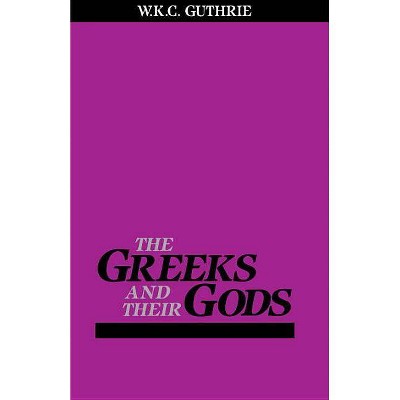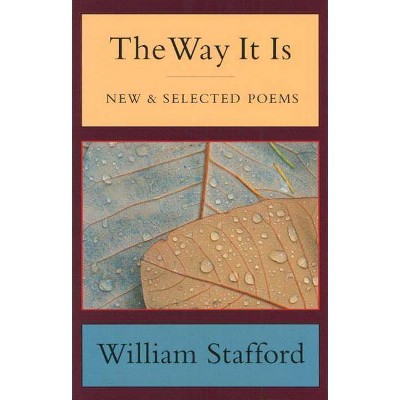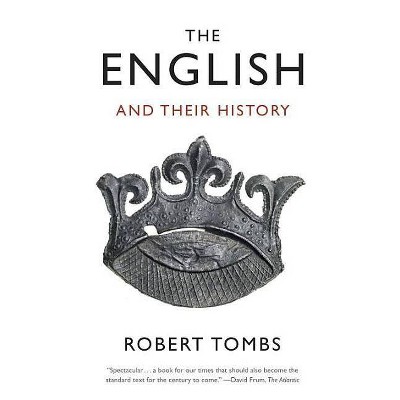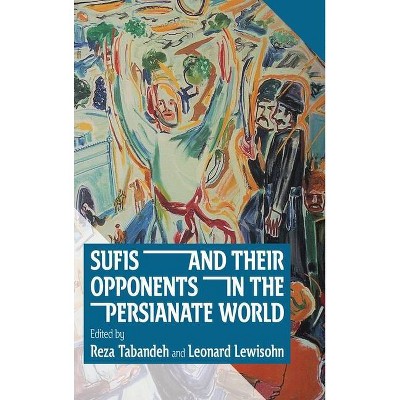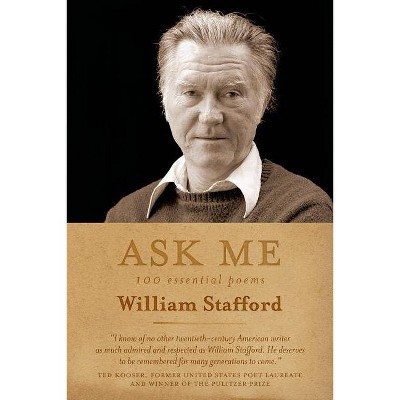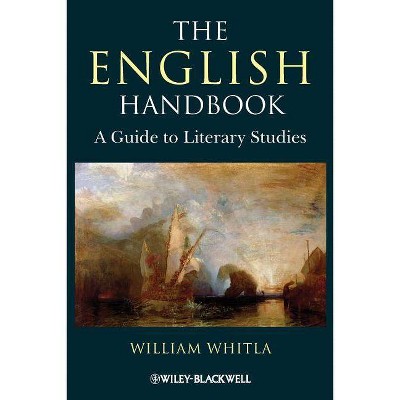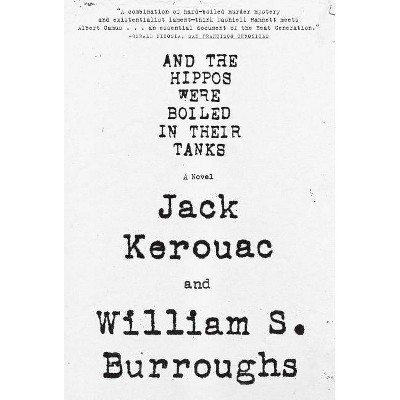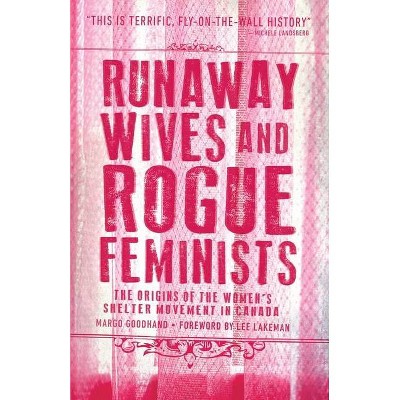English Feminists and Their Opponents in the 1790s - by William Stafford (Paperback)
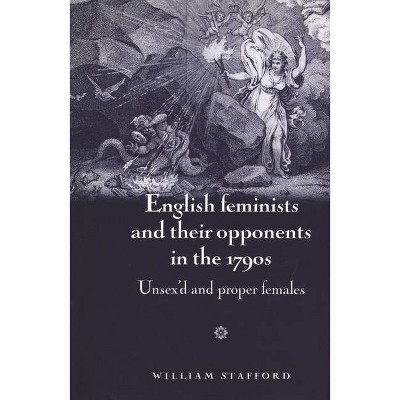
Similar Products
Products of same category from the store
AllProduct info
<p/><br></br><p><b> Book Synopsis </b></p></br></br>In this accessible introductory guide, the author identifies key feminist approaches to popular culture from the 1960s to the present and demonstrates how the relationship between feminism, femininty and ponityand popular culture has often been a troubled one. The book introduces the central ideas of both second-wave feminism and feminist cultural studies and demonstrates how they inform feminist debates about a range of popular forms and practices through a series of case studies: the woman's film; romantic fiction; soap opera; consumption and material culture; fashion and beauty practices; and youth culture and popular music. By showing the relationships between feminist positions within different fields of study, Joanne Hollows identifies the ways in which feminism has often been based on a rejection of both popular culture and femininity. The book examines the ways in which different feminist critics have drawn cultural distinctions between what is 'feminist' and what is not, demonstrating how feminist identities were often produced through a refusal of feminine forms and practices and shows what implications these positions have for feminist cultural politics. The author also illustrates the importance of understanding both feminine and feminist identities as a site of struggle in specific historical contexts.<p/><br></br><p><b> From the Back Cover </b></p></br></br>This fascinating book examines what sixteen radical and conservative, famous and notorious British women wrote about their sex in the 1790s. It offers the most comprehensive survey of what they thought about their fellow women with regard to love, sexual desire and marriage; their domestic roles and their engagement in the 'public' sphere; and issues of gender and female abilities including sensibility and genius. How contemporary reviewers divided women writers into 'unsex'd' and 'proper' is investigated, as is the issue of whether they attempted to exclude women from certain kinds of writing. The book reveals the depth of female complaint but contends that women did not passively submit. Conservative and radicals alike sought to extend their sphere of activity, to reform men, challenge gender stereotypes and propose that a woman should be a self for herself and her God rather than for her husband.<p/><br></br><p><b> About the Author </b></p></br></br><br>William Stafford is Professor of History at the University of Huddersfield<br>
Price History
Price Archive shows prices from various stores, lets you see history and find the cheapest. There is no actual sale on the website. For all support, inquiry and suggestion messages communication@pricearchive.us
